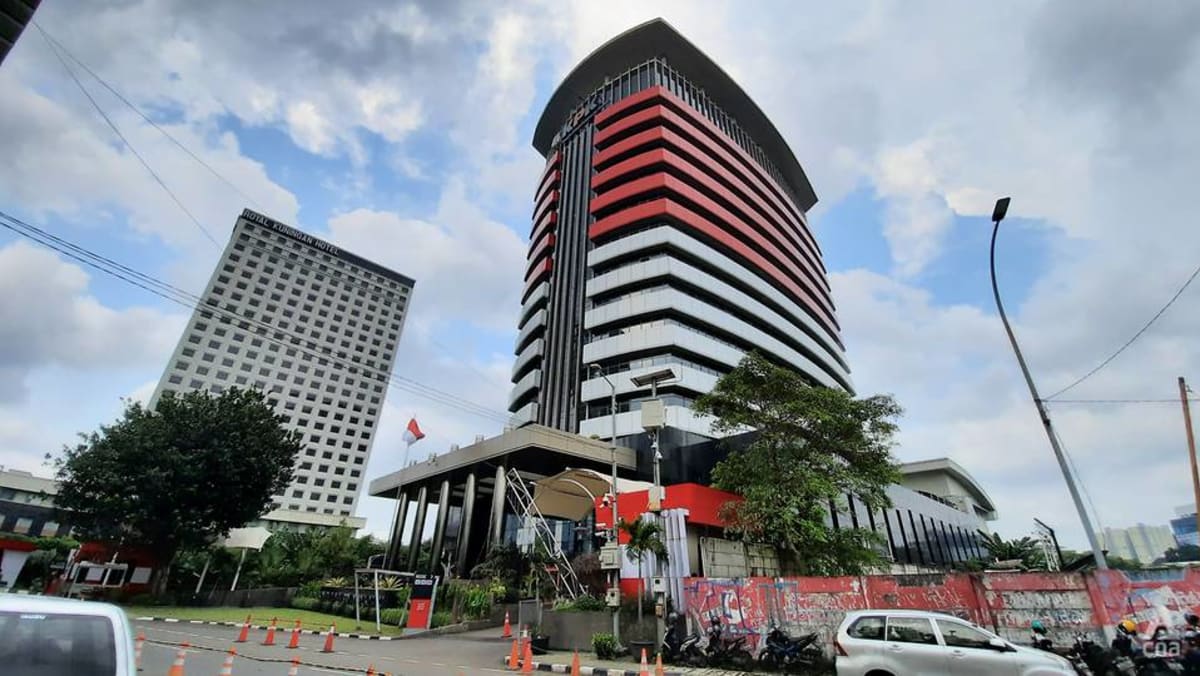Hikmahanto Juwana, an international law professor from University of Indonesia noted that even before the treaty was signed by both countries, Singapore has repatriated a number of Indonesian fugitives.
“But the process was slow because there was little legal umbrella to do so. It is based solely on Singapore’s close bilateral relationship with Indonesia,” he told CNA adding that it involved layers of bureaucratic processes within the two countries.
“The treaty should expedite the process, but we shall see how it is actually implemented.”
The type of crimes covered by the treaty must be a criminal offence in both countries and carry a minimum penalty of two years in prison. Among the crimes listed in the agreement are money counterfeiting, banking crimes, corruption and money laundering.
Both countries agreed to make the list open to changes and additions.
Anti-corruption activist Lalola Ester of non-for-profit group Indonesia Corruption Watch said the treaty will take Singapore out of the list of countries fugitives can seek refuge in, particularly since the city-state acts as a major transportation hub connecting the region and the rest of the world.
“But there is more work to be done. The treaty does not cover the recovery of stolen assets stashed overseas by offenders, which is crucial in the fight against corruption,” Mdm Ester told CNA.
The activist however lauded the retroactive nature of the treaty, which allows law enforcers to extradite fugitives for crimes committed up to 18 years in the past, saying that it mirrors Indonesia’s own statute of limitation.
“Law enforcers should make use of (the treaty) quickly if they want to resolve old crimes, before the limitation sets in,” she said.
Indonesian member of parliament Habiburokhman is also urging law enforcers to quickly make use of the treaty.
“I hope (the treaty) is followed up by concrete steps: our law enforcers immediately go after fugitives who are hiding in Singapore and bring them home to face justice here,” the Gerindra Party politician said.
